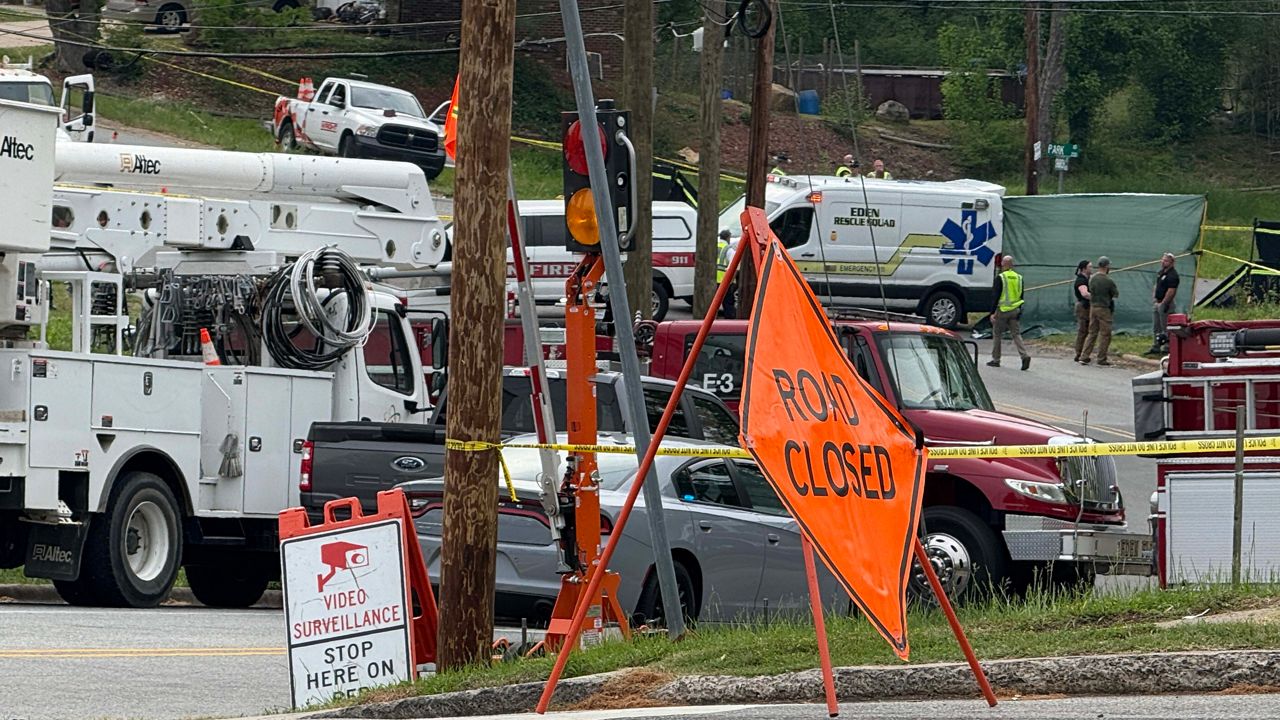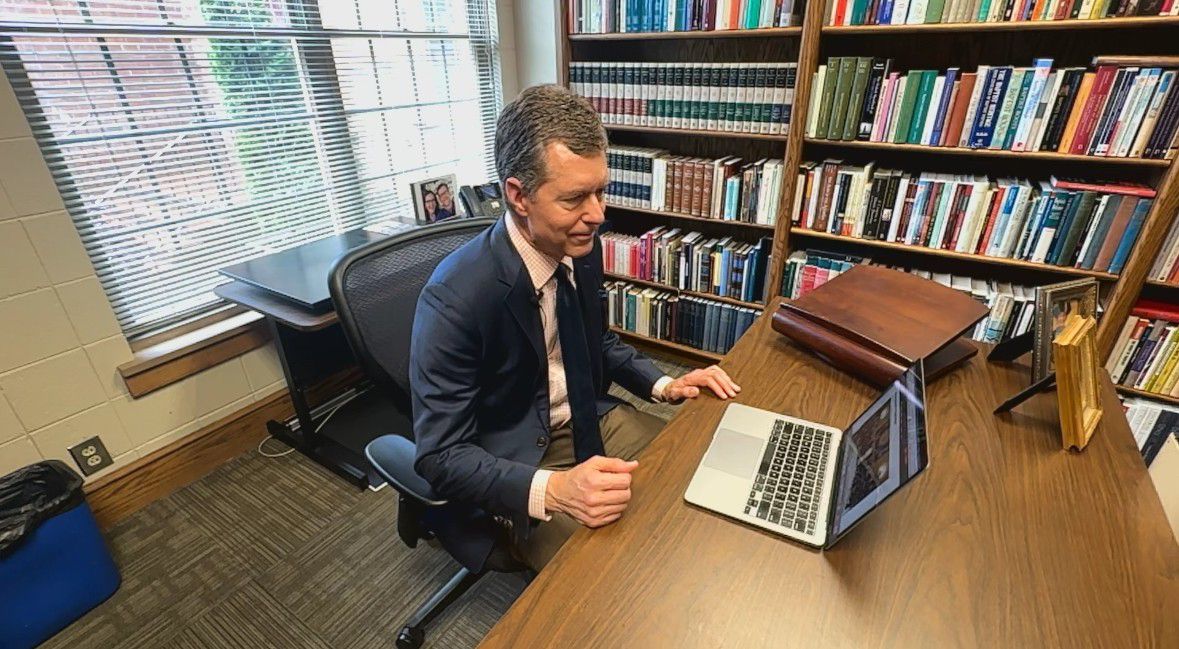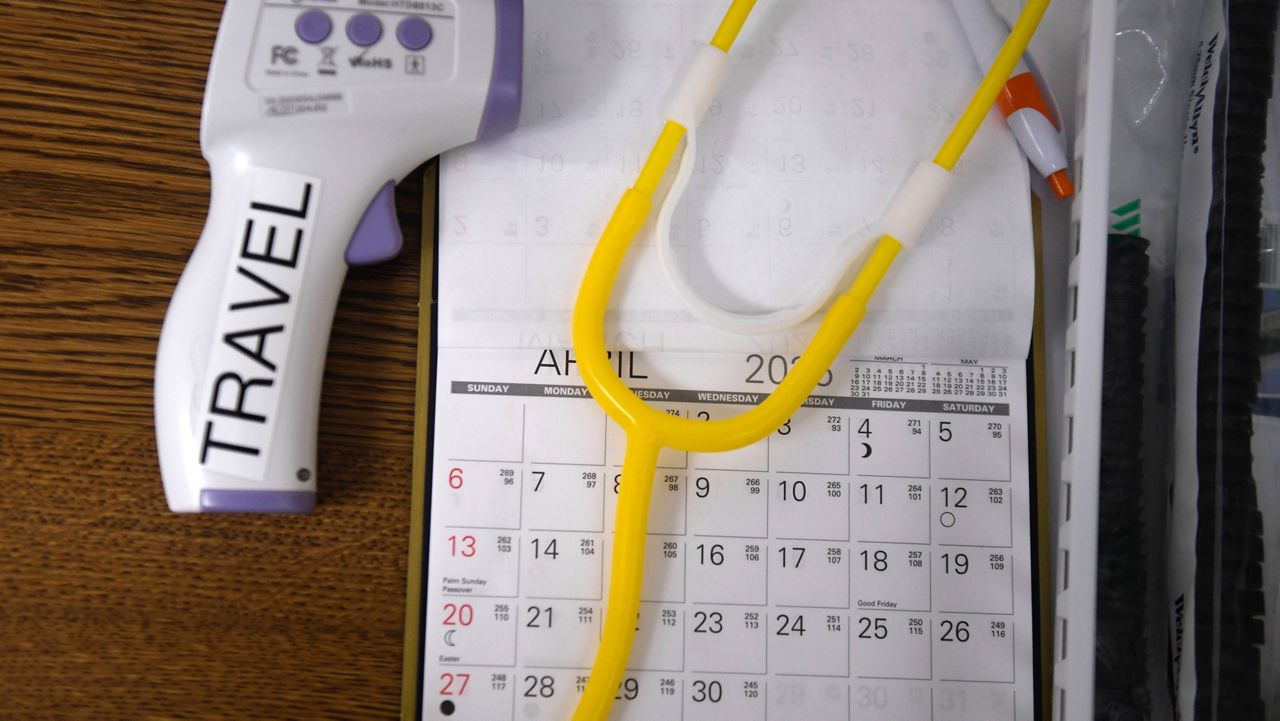NORTH CAROLINA, N.C. — Texas’s controversial abortion law is continuing to make headlines as it now moves through the Supreme Court.
The new law bans abortions after six weeks of pregnancy. Here in North Carolina abortions are still legal, and that’s something the Charlotte Women’s Movement is hoping will stay in place.
In early October, the group organized a rally for reproductive rights, which brought hundreds of women to uptown Charlotte.
Dr. Gina Navarrete is the co-president of the organization and was there on a mission to collect hangers with messages from those who attended.
“We’re not going back to the dark days of back alley abortions and self-induced abortions with coat hangers.” “This is a reminder for people to know that we are not going back,” she said. “We’re not going back to the dark days of back alley abortions and self-induced abortions with coat hangers.”
Navarrete had a plan for all those hangers and notes. Weeks after the rally she and other women from the Charlotte Women’s Movement hopped in a car and headed two hours away to Raleigh. Their final stop was the North Carolina General Assembly.
Working as a mental health clinician, Navarrete has seen many sides of the health care field. It’s that passion that’s pushed her to come all the way to Raleigh to make a statement.
“I’m not going to have children,” she said. “I’m not going to have an abortion now … I’m way too old for that, but I do believe that we need to fight for all those women who are younger than we are.”
Abortion is legal in North Carolina, but there are many state restrictions. Things like insurance restrictions, parental consent and a 72-hour waiting period are things women have to face when trying to obtain an abortion in this state.
If Roe v. Wade is overturned, access to safe and legal abortions would be restricted, and it’s something Diane Stevens does not want to happen. Stevens says she had her abortion before Roe v. Wade when she was only 19.
“I had to be determined to be in psychiatric need for it and had to be hospitalized on a psychiatric ward to have an abortion,” she said. “That was wrong.”
After Navarette and her group finished displaying their hangers, they ventured inside the building where they also had plans to hand out petitions to lawmakers inside.
This fight is long from over, but for Navarette and others, it's one that they say won’t stop anytime soon.
“We believe abortion is a safe alternative, and we need to make that accessible,” she said.
Right now, the Supreme Court is hearing two major cases on abortions. The first one is regarding Texas’ six-week ban. In December, it will hear another case out of Mississippi challenging the state’s 15-week abortion ban.










